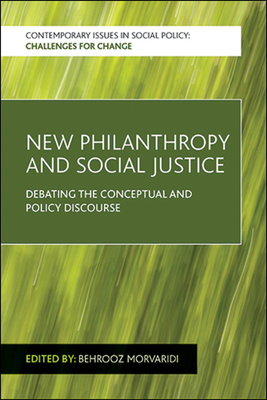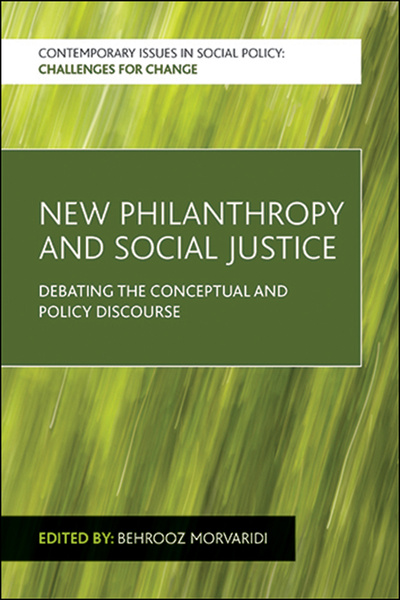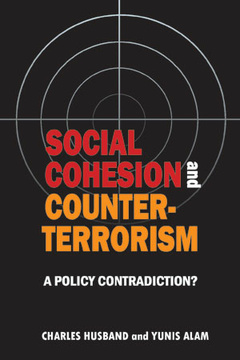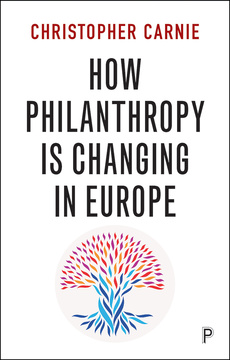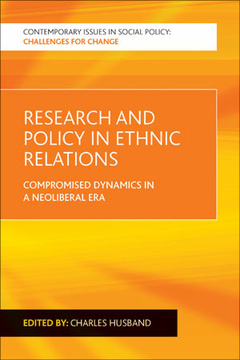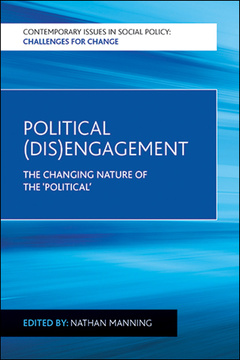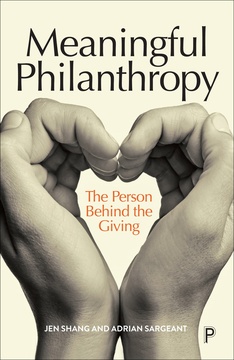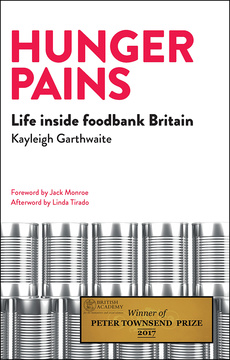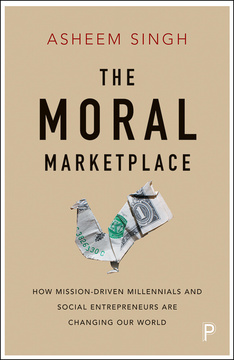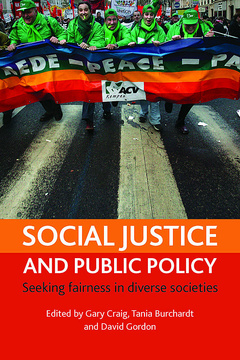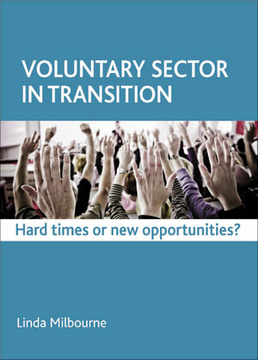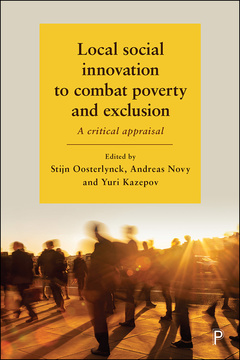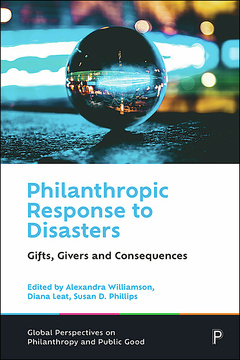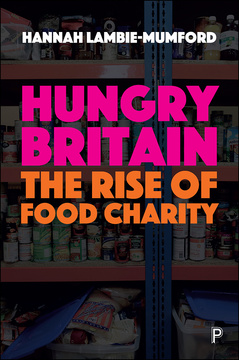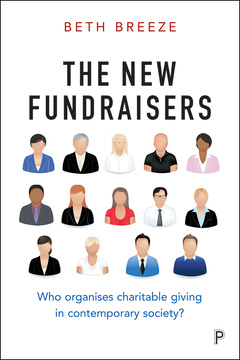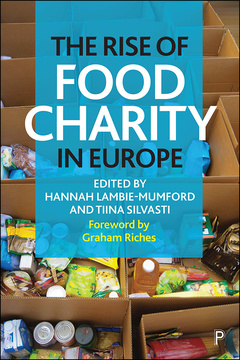New Philanthropy and Social Justice
Debating the Conceptual and Policy Discourse
Edited by Behrooz Morvaridi
ISBN
978-1447316985Dimensions
234 x 156 mmImprint
Policy PressISBN
978-1447316978Dimensions
234 x 156 mmImprint
Policy PressISBN
978-1447321323Imprint
Policy PressISBN
978-1447321330Imprint
Policy PressThere is a broad consensus that traditional philanthropy has the potential to be transformative and address inequalities and injustices, as well as provide relief to the poor. Over the last two decades individual capitalists and private corporations have become increasingly involved in philanthropy, often through foundations targeted at helping to reduce social problems associated with poverty, disease and food insecurity. This important book questions the political and ideological reasons behind rich individuals and large companies choosing to engage in poverty reduction through philanthropy. The question of concern is not whether new philanthropy is good or bad, but what motivates this form of giving and whether the sources of new philanthropy funding are legitimate. The book argues that this new philanthropy risks being a sticking plaster without long-term results, because it fails to tackle social injustice or the structural reasons for inequality.
It will be of value to academics, upper-level undergraduates and postgraduates in politics, sociology, economics and development studies.
"Accessible, well-informed critical research in a field that is attracting growing interest. " Andrew Sayer, University of Lancaster
Behrooz Morvaridi is a senior lecturer in development studies at Bradford Centre for International Development, University of Bradford, UK. He is the author of Social Justice and Development.
Introduction ~ Behrooz Morvaridi;
Part One: New philanthropy and social transformation
Philanthropy and its critics: a history ~ Hugh Cunningham;
From love to money: can philanthropy ever foster social transformation? ~ Michael Edwards;
Does economic theory lead to a cynical view of philanthropy? ~ Samuel Cameron;
From philanthropy to philanthropists ~ Tom Parr;
Part Two: Philanthrocapitalism and the process of commodification
Philanthrocapitalism, biodiversity conservation and development ~ George Holmes;
Philanthrocapitalism, ʻpro poorʼ agricultural biotechnology and development ~ Sally Brooks;
Part Three: Philanthropy and social protection
Philanthropy and the new politics of social policy ~ Ayşe Buğra;
Charity, philanthropy and development in Colombo, Sri Lanka ~ Filippo Osella, Roderick Stirrat and Tom Widger
Philanthropists, civil society and international development ~ Rachel Hayman;
Social justice, liberalism and philanthropy: the tensions and limitations of British foundations ~ Balihar Sanghera and Kate Bradley;
Charity deserts and social justice: exploring variations in the distribution of charitable organisations and their resources in England ~ John Mohan







